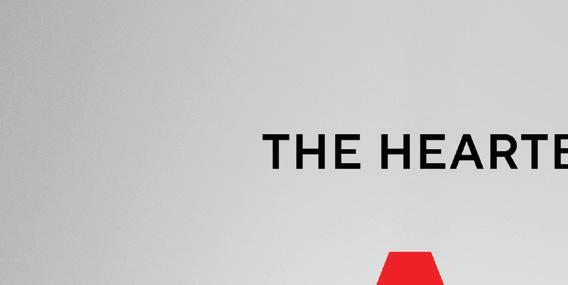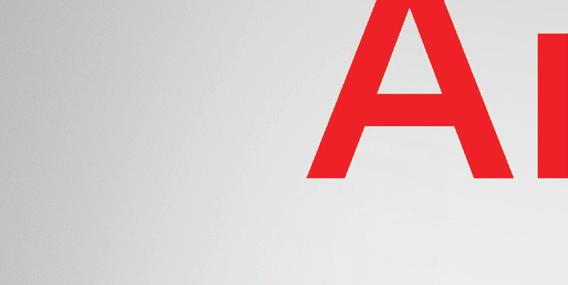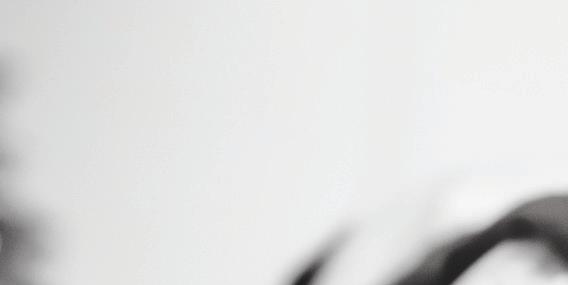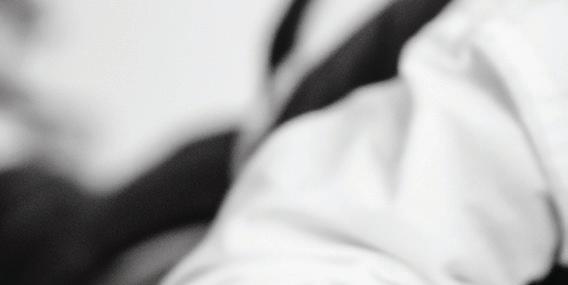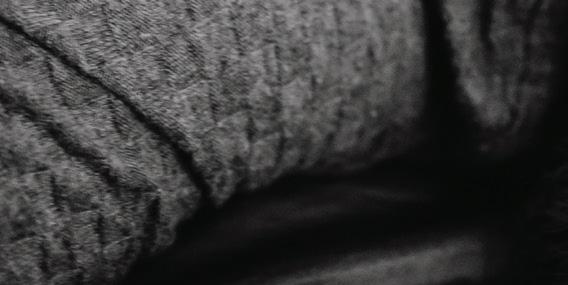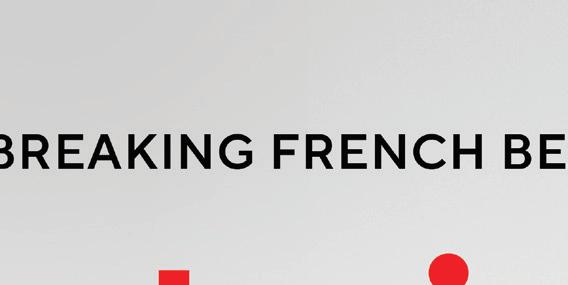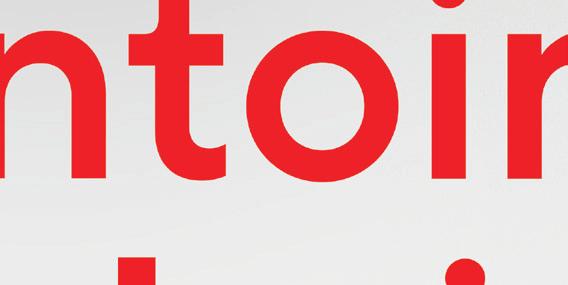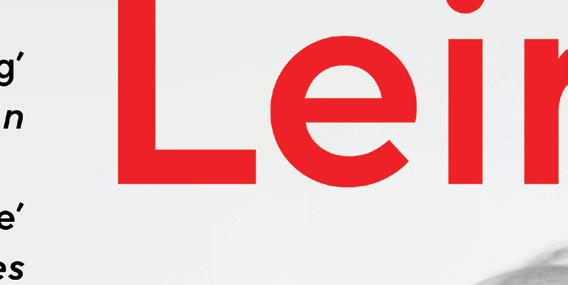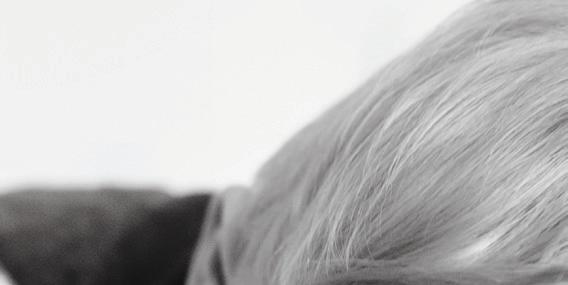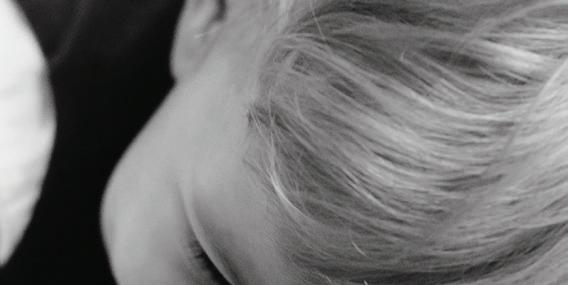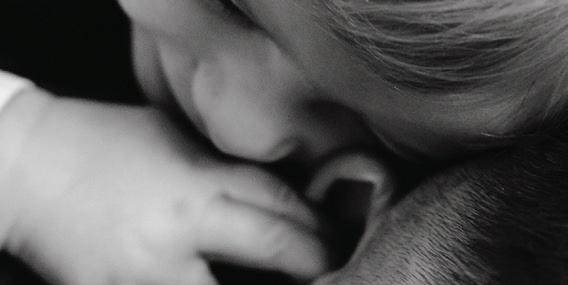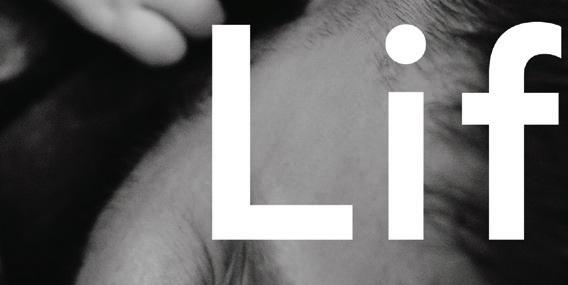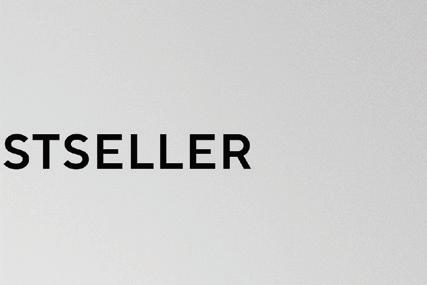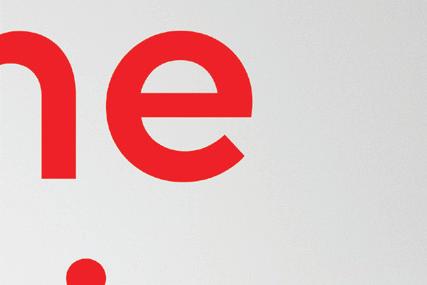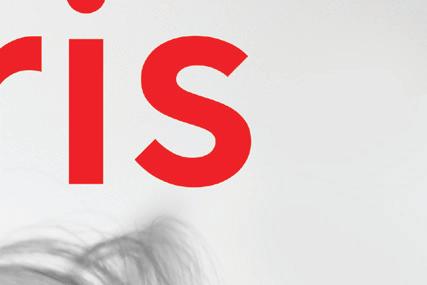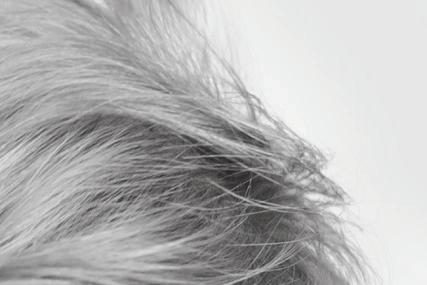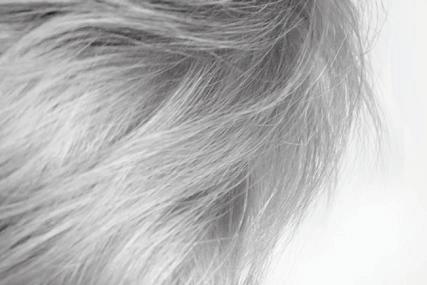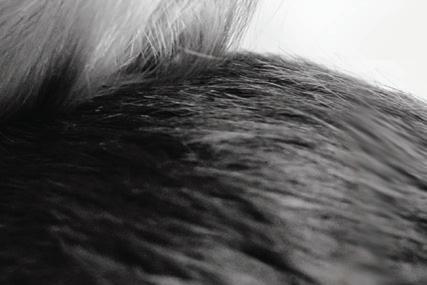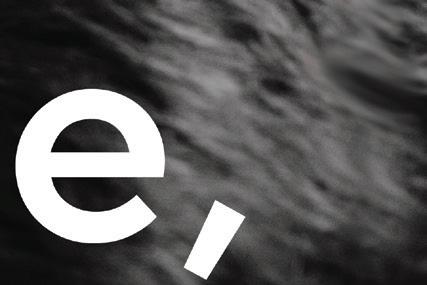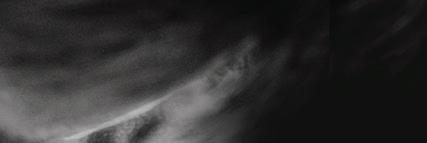Life, After
TRANSLATED FROM THE FRENCH BY Sam Taylor
Vintage is part of the Penguin Random House group of companies whose addresses can be found at global.penguinrandomhouse.com
First published in Vintage in 2024
First published in hardback in France with the title La vie, après by Éditions Robert Laffont in 2019
First published in Great Britain with the title Life, After by Harvill Secker in 2022
Copyright © Antoine Leiris 2019
English translation copyright © Sam Taylor 2022
Antoine Leiris has asserted his right to be identified as the author of this Work in accordance with the Copyright, Designs and Patents Act 1988
penguin.co.uk/vintage
Printed and bound in Great Britain by Clays Ltd, Elcograf S.p.A.
The authorised representative in the EEA is Penguin Random House Ireland, Morrison Chambers, 32 Nassau Street, Dublin D02 YH68
A CIP catalogue record for this book is available from the British Library
ISBN 9781529925258
Penguin Random House is committed to a sustainable future for our business, our readers and our planet. This book is made from Forest Stewardship Council® certified paper.
1 3 5 7 9 10 8 6 4 2
‘We […] were, so to speak, the end of a lineage […]. One might have thought that we didn’t exist, that characters – invisible but much more important than us – were continuing to fill the mirrors of our house with their images. I would prefer to avoid even the suspicion of hyperbole, particularly at the end of a sentence, but one might say, in a way, that in old families, it is the living who seem to be shadows of the dead.’
Marguerite Yourcenar, Alexis
‘Whoever wishes to remember must surrender to forgetfulness, to the risk of absolute oblivion and to that beautiful randomness which then becomes memory.’
Maurice Blanchot, The Book to Come
foreword
I wrote my first book during the strangest and most violent moment of my life. My wife, Hélène, had just been killed in the terrorist attacks at the Bataclan, on 13 November 2015.
In You Will Not Have My Hate, I described the days following her death, which I lived through with our son Melvil, who was seventeen months old at the time.
On several occasions since then, I have attempted to write again. At first, I tried fiction. I wanted to tell a story that wasn’t mine, with invented characters and places. A real novel.
vii
I spent months working on this, before resigning myself to the fact that it was beyond my capabilities. My imagination was wholly focused on the invention of our new life. I couldn’t conceive of anything beyond that necessity: saving us, creating spaces where we could live, and inhabiting them. Existing.
I threw away all those pages and gave myself the time to live.
Grief is a succession of transformations. You slough off your old skins, one by one. You constantly change. This is what time does to everybody, in normal circumstances. But in this particular case, the changes happened more quickly.
Four years later, I can safely say that I am no longer the same man. The same is true for Melvil, of course. He isn’t a baby any more, but a happy little boy.
During those years, he passed from silence and babbling to words and language. He has grown up so quickly.
I waited until we were on a solid footing before I started writing again. Then I tried to record those metamorphoses, the tides of change that have
AFTER viii
LIFE,
transformed us since our world vanished in a mist, up to the moment when – almost suddenly – the sky clears.
That is when it begins. Life, after.
So this book is not about ten days, but about four long years, during which I learned so much. I have tried to describe daily routines and special moments, to recount how I learned to become a father, to live with ghosts, to listen to them, and to accept this paper-thin gap between life and death.
Today, we are happy and free. Free of our past, and strengthened by our past.
Melvil and I have rediscovered meaning and pleasure in existence. So I wanted to write again, but nothing more than that. Just to write. In the first person.
About myself, Antoine Leiris: a son, a brother, a father. And about the strange and wonderful ‘us’ that my son and I form together.
ANTOINE LEIRIS ix
July 2016
It is the year after, in the middle of summer. I drop him at his grandmother’s house so I won’t have him under my feet. I kiss him the way I eat marshmallows – unable to stop, stuffing myself until I feel sick.
I leave him, but I wish I could keep him close to me. Those marshmallow kisses lie heavy on my stomach.
In the first line, I wrote: ‘the year after ’. Rereading this, I realise that my language has changed. Now, I say ‘before’ or ‘after’, the way people talk about before or after the fall of the Berlin Wall, before or after the Second World War, before or after the
1 1
invention of printing, before or after Jesus Christ. It is the tipping point of our story.
I never wrote: ‘Hélène’s death’. I don’t say it, and even writing it now feels wrong. I just vaguely locate periods of time by specifying ‘before’ or ‘after’.
I understand how brutal and reductive this is. My way of avoiding the obstacle while recognising that it’s impossible.
So, it is the year after, in the middle of summer. Like a burglar, I have planned to act in silence and in darkness. No music, no light, nothing to enhance the moment.
At home, I wait until it is completely dark outside. I look through the window: dust falling onto the street below. A dense dampness starts to rise from the white-hot tarmac, like a body standing, stripping off, an arousing and afflicting body.
It’s nearly time.
I open a bottle of Rully – white wine has enough sulphites to allow me to forget the coming evening –and sit on the floor with my glass.
I gave myself one night to attempt to do things ‘right’. To avoid the obstacle again.
LIFE, AFTER 2
But it’s obvious that I’m lying to myself: it won’t be enough. I’ll have to be quick if I want to be finished by morning. Impossible to do it ‘right’ with so little time. Impossible to do it ‘right’ with so little desire.
I have to accomplish in a few hours what I have been putting off for months: to sort through all her things, to face up to the real shape of grief. The apartment feels like it’s flooded. With water, a continuous body of liquid, pouring through, filling the cracks, spreading over the surface.
Our apartment is intact; exactly as it was before. Nothing has moved since last year.
As teenagers, we would sometimes play this game: ‘If you had to take three films to a desert island, which ones would you choose?’ A younger me would have said, without hesitation: 2001: A Space Odyssey, so that I could understand the final scene at last; The Verdict, because of Paul Newman; and Quai des Orfèvres, so I could once again hear Louis Jouvet’s curt, husky voice.
Today, the question could be asked in different ways.
ANTOINE LEIRIS 3
‘If you had to take three objects to remind you of that life, which ones would you choose?’
‘If you had to take three objects so that your son would understand what that life was like, which ones would you choose?’
Being an adult means thinking for Melvil as well as myself. Before, I was used to making important decisions only for myself, not for two people.
I wish someone could advise me, could tell me: in ten years, your son will be glad to possess that. In twenty, you’ll need this. In fifty, you’ll love looking at that object.
But I must act alone. And then I must accept responsibility for my choices.
I must stop the love of a whole lifetime at the moment when it broke. Then break it apart into images and instants. Categorise them and tidy them into little boxes, where they can live once again.
Create another space for them, for her. Imagine her fully, breathing in the vanished present, the drowned continent. *
LIFE, AFTER 4
I am not attached to things. I am indifferent to ownership. Possessions are an encumbrance. I have never accumulated objects. I am not a collector. I am not trying to amass an inheritance, just write a story.
I have never kept anything of my past lives. I belong to one of those families whose histories are not engraved in stone. As a young child, I remember envying people who could boast a lineage, a past beyond their own. Anyone with an accent, a culture, a colour, a geography, something that distinguished them from others and that they carried around with them like a shell.
We had none of that, so even the smallest detail seemed extraordinary to me.
Friends would tell me about staying in the countryside, at their grandparents’ house, walking by the seaside, going out in a boat, and I would imagine epic adventures, exotic tales, perfect happiness.
My most vivid memory of a childhood holiday was in the mountains. A friend had invited me to their family’s cabin, one week in summer. We went hiking and his father told me I climbed like a goat.
ANTOINE LEIRIS 5
I drank water straight from the river. I cut my bread with an Opinel knife. I felt I belonged to that story. I was a mountain-dweller. It had run through my veins for generations.
Later, though, I repeated the family trait: I kept nothing. Or almost nothing.
I spent my life throwing everything away and starting over. I left houses and lived in others, my only legacy an empty space and the promise of a new life.
But now our apartment is like a museum. I think about Pablo Neruda’s house, at Isla Negra, west of Santiago, on Chile’s Pacific coast, where he is buried with his wife Matilde.
The building, a refuge in stone and wood, is just as it was when they lived there together, and the objects that filled it are still in the same places – ship figureheads, seashells, a wooden horse from a carousel.
In the poet’s study, everything is pure, just like ‘before’. The space is enormous, the large bookcase facing the ocean still covered with objects. Some say that, observing his armchair, they felt their heart thrum, as when you think you see a shadow flit past or sense the presence of a ghost in a heavier mass of air.
LIFE, AFTER 6
Objects belonging to someone who dies immediately become sacred. They are relics, proof that those who were no longer are, that they had a life of their own. That she had a life of her own. That she had her own secrets and fears, that she kept her keys in her trouser pockets, that she wore those necklaces around her neck or tied the ribbons of those sandals around her ankles.
They are links between here and there, where the living still linger for a while. In details, in vestiges, like the traces of lost civilisations.
I feel unsteady. I am doing what I always did before, but this time with the sensation that I am transgressing on intimate secrets.
I am both guardian and thief. He who preserves and he who destroys. Violator and violated.
Cardboard boxes are piled up in front of me. Emptied cupboards and drawers stand looking at useless objects scattered across the floor.
At the foot of a television stand, containing a TV set that I haven’t watched in at least a year, there is a box filled with chargers of all shapes and sizes that I have never managed to throw away.
ANTOINE LEIRIS 7
It is almost the only thing that has followed me from the rundown flat on the periphery of Paris that I shared with a friend as a twenty-year-old to this one-bedroom apartment in the fifteenth arrondissement, where we had moved recently. It was practical. There were childcare centres and gardens nearby. And we felt good here.
Yet it’s probably the saddest part of Paris. It’s not pretty, and it’s not full of life. The neighbourhood falls asleep at nine in the evening and is woken by the sound of school bells. Rebuilt after the war, it is dominated by the architecture of its large apartment buildings and the lifestyle that comes with them. People live there, they go shopping, go for walks on Sundays, have children, grow old, die, and that’s all.
I keep our past in Montmartre inside me like a precious snow globe. To remember, I just have to look through the glass: life, street peddlers, voices from the bar below.
Melvil’s first months with us in our bedroom. Short nights and summer sun. The day we moved, I hid one of his dummies under the bathtub. As a way of saying ‘we were here’, leaving something of us behind.
LIFE, AFTER 8
*
